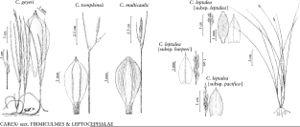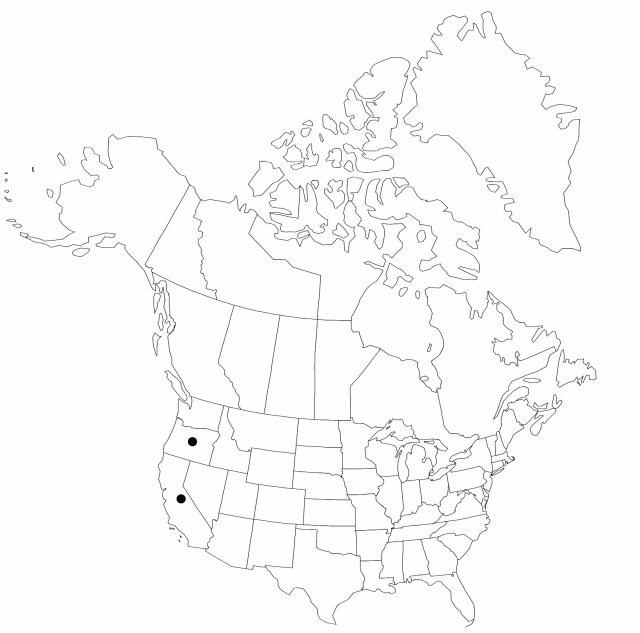Difference between revisions of "Carex multicaulis"
Bot. Gaz. 9: 118. 1884.
FNA>Volume Importer |
FNA>Volume Importer |
||
| Line 31: | Line 31: | ||
-->{{#Taxon: | -->{{#Taxon: | ||
name=Carex multicaulis | name=Carex multicaulis | ||
| − | |||
|authority=L. H. Bailey | |authority=L. H. Bailey | ||
|rank=species | |rank=species | ||
| Line 46: | Line 45: | ||
|publication year=1884 | |publication year=1884 | ||
|special status= | |special status= | ||
| − | |source xml=https://jpend@bitbucket.org/aafc-mbb/fna-data-curation.git/src/ | + | |source xml=https://jpend@bitbucket.org/aafc-mbb/fna-data-curation.git/src/f50eec43f223ca0e34566be0b046453a0960e173/coarse_grained_fna_xml/V23/V23_1077.xml |
|genus=Carex | |genus=Carex | ||
|section=Carex sect. Firmiculmes | |section=Carex sect. Firmiculmes | ||
Revision as of 20:04, 16 December 2019
Plants cespitose, not rhizomatous. Culms 14–50 cm, terete, smooth distally. Leaves involute, 0.8–1.5 mm wide, usually shorter than culms. Spike with staminate portion separated from pistillate portion by short internode or sessile, 8–25 × 1.4–2.2 mm. Pistillate scales pale brown to green, proximal ones bractlike and long-awned. Staminate scales pale brown, apex obtuse. Anthers 1.2–5.2 mm. Perigynia (1–)2–6(–8), pale green to pale brown, faintly several-veined, 4.7–7.2 × 2.3–3.1 mm.
Phenology: Fruiting mid May–late Jul.
Habitat: Dry slopes and seasonally wet seepage areas in chaparral and open pine forests
Elevation: 100–2200 m
Discussion
Selected References
None.
Lower Taxa
None.

